10 Bizarre Tech Acquisitions Of The Past Decade

Mergers and acquisitions are always risky, and some end up paying off better than others. But in the past decade there have been IT industry deals that, from the moment they were announced, had people shaking their heads and wondering if someone had slipped something into the water supplies of the companies involved.
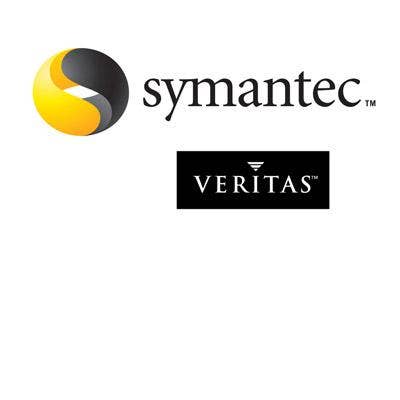
1. Symantec-Veritas (2005)
This monster $13.5 billion deal put Symantec's then-CEO John Thompson in the crosshairs of shareholder scrutiny. In selling the deal to the many skeptics, Thompson drove home the message that security and storage technology are inherently complementary, and that a combined Symantec-Veritas would yield synergies that would leave competitors in the dust.
Symantec has integrated the Veritas technology into its product line, but there has been plenty of merger related pain along the way, particularly for Symantec VARs. In November 2006, an ERP system glitch stemming from the integration of Symantec and Veritas systems wreaked havoc on the channel and put Symantec into full damage control mode. Thompson left Symantec in 2008 before his vision could be fully realized.
Bottom line? There are still many Symantec partners who see Veritas' direct sales culture floating on the surface of the company like an oil slick.
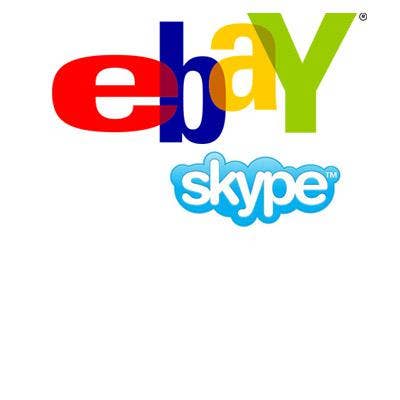
2. EBay-Skype (2005)
When eBay paid $2.6 billion for Skype in 2004, investors weren't thrilled with the price tag but were willing to consider the possibility that adding voice to online auctions could propel the company to greater heights. Not only did this not happen, eBay's subsequent attempt to sell off a 65 percent share of Skype to private investors for $1.9 billion was blocked when Skype's co-founders, who still own the source code rights to Skype, filed a copyright lawsuit against both parties. Can you say nightmare scenario?
The eBay-Skype deal will go down as one of the biggest disasters in tech acquisition history, and the worst part is, eBay isn't even being afforded the chance to salvage its dignity by disposing of the remains.
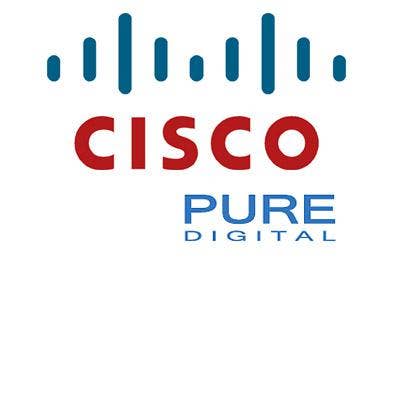
3. Cisco-Pure Digital (2009)
Cisco had plenty of logical reasons for paying an estimated $590 million to acquire Pure Digital, maker of the ubiquitous Flip handheld digital video cameras. The deal fit with Cisco's push into video and Web 2.0, and today it's helping Cisco put forth a new face as a consumer brand. Pure Digital's Flip cameras will also help to fill Cisco's networking infrastructure pipes with traffic for years to come.
What's bizarre about the deal is that Cisco, whose products comprise the very backbone of the Internet, would dabble in a product like the Flip, which is essentially a toy. There's a certain gravitas about routers and switches which doesn't quite mix with home videos of kids' birthday parties, or videos of people getting their dogs to hold biscuits on their noses.
Seen through this lens, the Pure Digital deal was an apt illustration of Cisco's zealousness in staking its claim in emerging markets. It was also the kind of moment that said, at an industry level: "Toto, we're not in Kansas anymore." Is the networking business changing? You betcha, and the Pure Digital deal is one of the more poignant examples in recent memory.
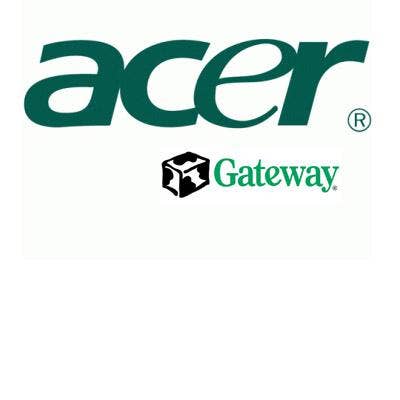
4. Acer-Gateway (2007)
When Acer announced its $710 million acquisition of Gateway, a once-formidable direct competitor to the channel, more than a few VARs smiled, and perhaps silently cursed the demise of a longtime nemesis.
The deal gave Acer a chance to thump its chest over beating out Lenovo, which had also been looking at Gateway. Acer also picked up the Gateway and eMachines brands as well as access to Gateway's education market customers. And according to Acer, the deal helped solidify its number three spot in the global PC market.
But that's pretty much where the logic behind this acquisition ends. $710 million seems like an exorbitant amount to pay for a has-been PC maker like Gateway, whose star had been fading steadily and which had been the subject of buyout rumors for years. Some investors felt Acer could have got a better deal and filed suit in a bid to overturn the acquisition. Was there really anything in Gateway that Acer couldn't have done on its own?
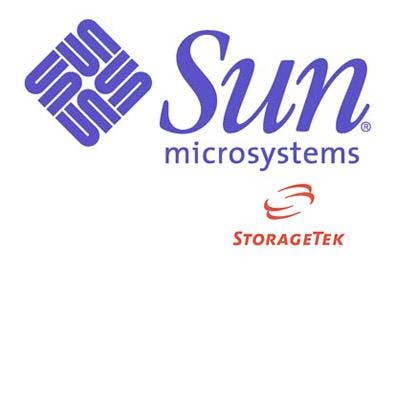
5. Sun-StorageTek (2005)
Sun's $4.1 billion acquisition of StorageTek, the largest in its history, was a huge, expensive gamble for a company that was still rebuilding its business after the dot-com disaster. In picking up StorageTek's tape backup equipment and storage management software, Sun placed its bets on the future of archiving and data management.
What's bizarre about this deal is that Sun couldn't take advantage of its StorageTek relationships. According to solution providers, Sun could have used StorageTek's presence in IBM and HP data centers to sell Sun servers, but didn't. It's a case of poor execution made all the more baffling in light of the lofty price tag and the fact that Sun pulled out all the stops to make the StorageTek deal happen. Of course, it doesn't matter now, but it's a deal that could have sunk the company.
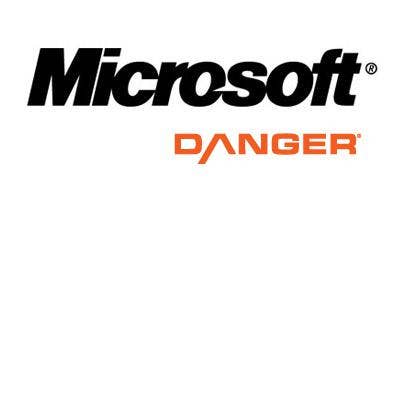
6. Microsoft-Danger (2008)
Microsoft's $500 million purchase of Danger, developer of the software and services stack for the Sidekick, didn't seem bizarre at first, but what has happened since certainly qualifies for the label.
In Danger, Microsoft acquired the kind of innovative, startup-grade talent that could have been instrumental in courting consumers in the mobile space. But this union went south in a hurry, and Microsoft relegated much of the Danger team to the ill-fated 'Pink' mobile project, which has reportedly suffered numerous delays and has meandered in focus due to inexperienced management. Microsoft laid off many Danger staffers last year and numerous others have left the company for greener pastures.
Pink is seen as the successor to the Sidekick and is aimed at teens and young consumers who just can't get enough of social networking and the always-connected lifestyle. Microsoft plans to show off the first Pink devices April 12. They may end up being successful, but it's tough to look at the Danger deal as anything other than an expensive mistake.
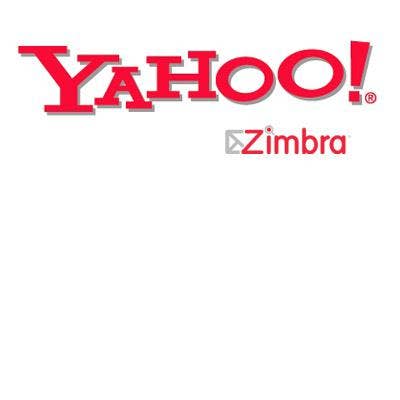
7. Yahoo-Zimbra (2008)
When Yahoo shelled out $350 million for Zimbra, a maker of open source e-mail and collaboration software for businesses, industry analysts took it as a sign of Yahoo's intention to branch out from its consumer roots. That never happened, though, and Yahoo ended up selling Zimbra to VMware last year.
Financial terms of the VMware deal weren't disclosed, but it was rumored to have been as little as $100 million. Which makes the original Yahoo acquisition of Zimbra the second most questionable decision of the Jerry Yang era, after, you know, that $40 billion one that was turned down.
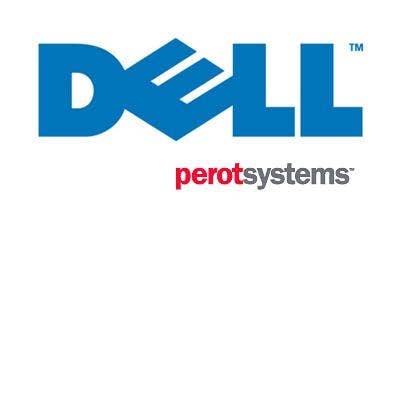
8. Dell-Perot Systems (2009)
When Dell decided to add a services arm to compete with HP and IBM, it turned to former presidential candidate Ross Perot's old company. But in its $3.9 billion acquisition of Perot, Dell shelled out a 68 percent premium, roughly 30 times earnings. The exorbitant price tag isn't the only bizarre thing about this deal: The notion of Dell as a services company is another one of those "We're not in Kansas anymore" moments.
In entering the services business, Dell is now in waters occupied by Great White Sharks like HP's Electronic Data Systems and IBM Global Services, skilled predators with entrenched market positions, not to mention razor sharp competitive teeth. Maybe Dell will make it work, but one thing's for sure: There will be plenty of solution providers watching this unfold from the sidelines waiting for the chance to indulge in some major schadenfreude if the Perot deal doesn't work out.
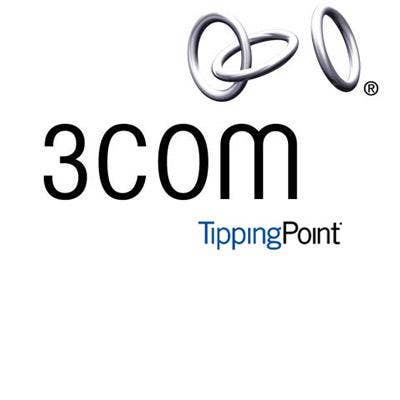
9. 3Com-Tipping Point (2005)
3Com's $430 million acquisition of TippingPoint added intrusion-prevention to 3Com's security portfolio and was one of the better moves the networking company ever made. What's bizarre about the deal is that while 3Com's star faded steadily after the deal, TippingPoint's fortunes rose on the strength of its stellar security research talent.
3Com attempted an IPO for TippingPoint in 2007, but that never came to pass. In 2008, private equity firm Bain Capital and China-based Huawei attempted to buy 3Com for $2.2 billion, but the deal was scuttled over U.S. regulatory concerns. Meanwhile, TippingPoint's Zero Day Initiative (ZDI), which rewards researchers for responsibly disclosing security vulnerabilities, continues to have a positive effect on the industry. ZDI's cash rewards for winners of the CanSecWest PWN to OWN contest have been controversial, but the event has been vital in getting companies to pay closer attention to bugs in their products.
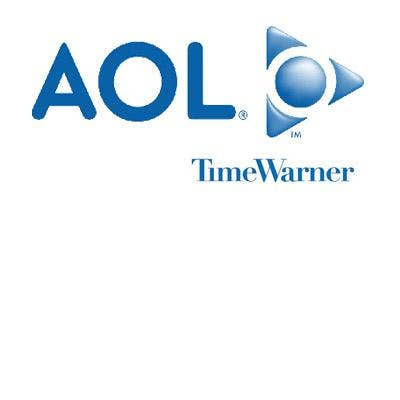
10. AOL-Time Warner
Ah yes, AOL-Time Warner. The granddaddy of "What Were They Smoking?" era, and a lasting reminder of the skewed logic of the time.
AOL's $164 billion acquisition of Time Warner was intended to combine print and broadcast media with the Internet to form a powerhouse that would forever change the media landscape. Of course, almost immediately after the deal was announced, the dot com economy began creaking ominously. Soon after, of course, it lapsed into a complete and utter free fall.
Time Warner dropped the AOL name in 2003 and in 2009 finally revealed a plan to spin off AOL as a separate company. The capper to the whole saga -- and something that sounds an awful lot like an April Fool's joke -- is AOL's rebranding to "Aol." Yea good call Aol, that'll fix everything.